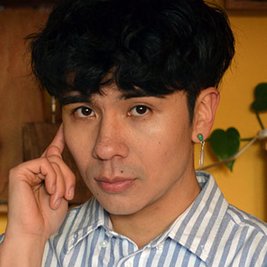Esther Duflo was born in Paris, France. She came to the United States to study at the Massachusetts Institute of Technology (MIT) where she completed her doctorate in economics in 1999. Duflo cofounded MIT’s Abdul Latif Jameel Poverty Action Lab (J-PAL) in 2003, and she is currently the Abdul Latif Jameel Professor of Poverty Alleviation and Development Economics.
In 2019 Duflo, Abhijit Banerjee, her research partner and husband, and their colleague Michael Kremer shared the Sveriges Riksbank Prize in Economic Sciences in Memory of Alfred Nobel. They had introduced a new approach to finding the most effective strategies for fighting global poverty by conducting randomized field trials. Dividing a large problem into manageable questions enables them to test a range of interventions, compare the results, and determine which approaches lead to the best outcomes.
“We believed that, like the war on cancer, the war on poverty was not going to be won in one major battle, but in a series of small triumphs, and with no doubt many setbacks along the way,” Duflo explained in her Nobel speech. She is the youngest person, and one of only three women, to receive this prize.
Duflo became a naturalized U.S. citizen in 2012, and in 2013 was appointed by Barack Obama to the President’s Global Development Council. She is a member of the National Academy of Sciences and winner of a MacArthur “Genius Grant” fellowship. She and Banerjee cowrote the books Poor Economics: A Radical Rethinking of the Way to Fight Global Poverty (2011) and Good Economics for Hard Times: Better Answers to Our Biggest Problems (2019).







